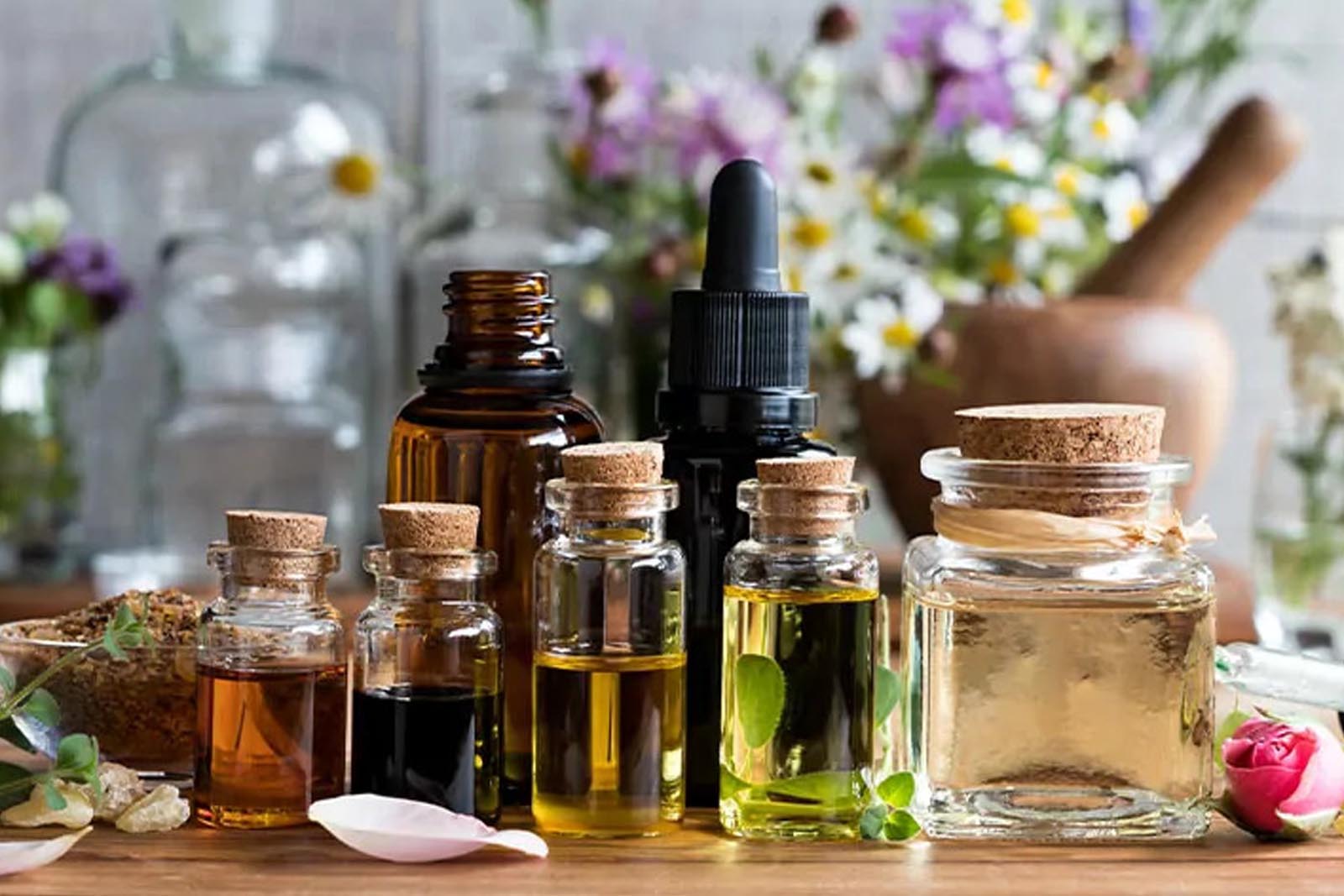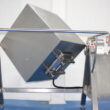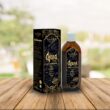
Acne is a common chronic inflammatory skin condition that affects 80 percent of individuals ages 11-30 from adulthood to adulthood. The disease progresses in the form of seborrhea, non-inflammatory lesions (comedone), inflammatory lesions (papules, pustules, nodules, cysts) and causes negative psychosocial effects for people of all ages. Although the exact mechanism of acne formation is not known, it is reported that the inflammatory response induced by Propionibacterium Acnes (anaerobic bacteria) plays a fundamental role. In addition, Staphylococcus Epidermidis (aerobic bacteria) is defined as a secondary factor. Therefore, it is aimed to prevent the development of these microorganisms and to eliminate the inflammation they cause in the treatments to be applied. In addition to existing drug applications in acne treatment, complementary treatment applications such as essential oils (Aromatherapy), various plant extracts and acupuncture are also used.
Since essential oils can play a role in both the effects on microorganisms that cause acne and the repair of skin damage, they are widely used in the treatment of acne in the form of ointments, gels, sprays, massages, and steam baths. It is known that in antibiotic-containing formulations used to prevent the development of microorganisms, microbes develop resistance to the applied antibiotic and therefore the antibiotic may become ineffective. However, since essential oils are effective on microbes with multiple mechanisms depending on their complex chemical structure, resistance development such as antibiotics can be seen rarely.
There are dozens of volatile components in essential oils. Undoubtedly, not every essential oil can be expected to be effective on acne. While essential oils rich in ketone content generally show wound healing effects, essential oils containing alcohol content have a killing effect on microbes (antimicrobial / anti-infective). For example, teatree (tea tree) essential oil rich in eucalyptol (= 1,8-cineol) is frequently included in acne formulas due to its high effect on microorganisms. The same substance is the main component of eucalyptus (Eucalyptus globulus) and sage (Salvia officinalis) essential oils. These last two essential oils are also used to treat colds.
In the conducted study, it was shown that by applying a formula containing 5 percent tea tree oil and 5 percent benzoyl peroxide to the skin for 45 days, total, inflammatory and non-inflammatory lesions in moderate and mild acne patients could be significantly alleviated compared to the non-applied group. Another essential oil that is effective on microbes is lemongrass (Lemongrass; Cymbopogon flexuosus) essential oil is effective in infections resistant to antibiotics (methicillin-resistant Staphylococcus aureus) even at a low concentration of 0.06 percent.
Another essential oil group with known activity against microorganisms is thyme (Origanum and Thymus) oils rich in menoterpenoid phenols (carvacrol and thymol). In the study conducted in 2018, it is reported that it is highly effective against P. acnes and S. epidermidis, which causes acne, as well as preventing the formation of biofilms formed by these bacteria and preventing the frequent recurrence of acne formation. Especially, Origanum type thyme essential oil (in nanoemulsion) with high thymol content showed a higher effect.


